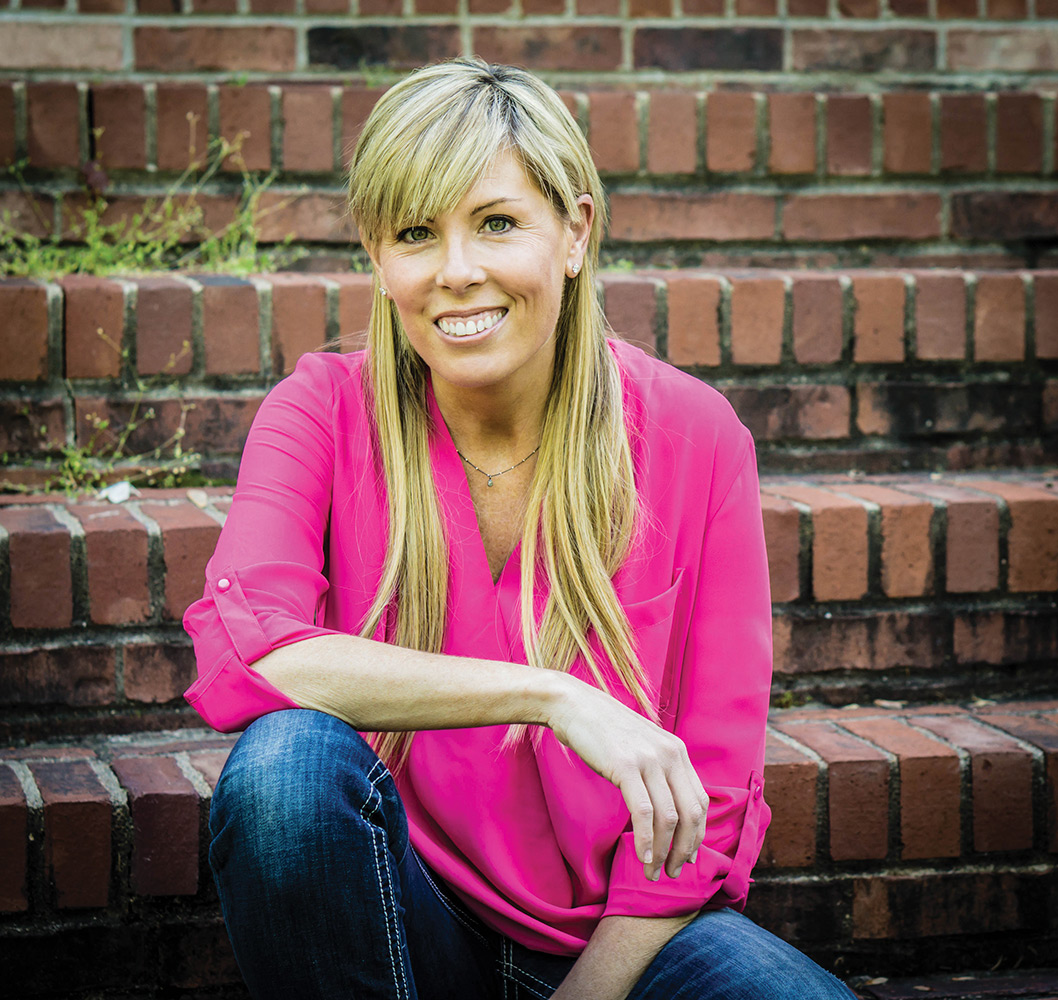Jill Orr: Lessons in Social Media

Is the web world really so nasty?
Parenting in the age of social media is a tricky business. Most of us with kids who are old enough to use it did not grow up using it ourselves, so we are learning about social media at the same time as our children — only we’re learning it slower and much more clumsily. We are like the blind leading the blind-but-infinitely-more-tech-savvy.
But lead them we must, because while our kids may understand the actual technology better, our wisdom (read: misspent youth) allows us to see the implications of that technology more clearly. And what is parenting teenagers if not terrifying them about the implications of their actions?
So how do we help our kids navigate the murky waters of connecting online when we only have the most tenuous understanding of it ourselves? We start by assessing what we do and do not know.
What We Know
We all know Facebook, Twitter, Instagram, and YouTube. If you’re a book nerd, like me, you may know Goodreads. And you’ve probably heard of Snapchat. But of those six, only three are relevant to kids under the age of 21. Facebook is the social media equivalent of mom jeans, and Twitter might as well be Actuarial Weekly in terms of how much interest my kids have in it. Both my children gave me blank stares when I mentioned Goodreads, but when I asked about Instagram and Snapchat, their eyes flashed with a possessive glint. “Yeah, people use those. So what? Why are you asking?” Ah hello, defensiveness, my old friend. Your arrival always lets me know I’ve hit upon something good. Time to delve more . . .
What We Don’t Know
So according to my focus group of 12- to 14-year-olds with the last name Orr, Instagram and Snapchat are the two main forms of social media used by tweens and younger teens. (They use YouTube too, but in a strictly voyeuristic way.) I wanted to know how these platforms were being used, or rather misused, amongst their peer groups. Because naturally, as a parent, I’m always looking for the fly in the ointment, the bully in the lunchroom, the Band-Aid in the pool water. It never occurred to me to ask how social media enriched their lives, but that’s a story for another day.
ME: Hi guys! How was your day?
KIDS: I thought we weren’t doing that anymore.
ME: Oh, right. So anyway . . . I was just wondering, have you guys, like, been involved with any drama as a result of stuff people post on Instagram or Snapchat?
KIDS: Um, no, not really.
ME: Really? Like, no one has gotten their feelings hurt about anything . . . like maybe someone posts about being at a party and someone who wasn’t invited feels left out?
KIDS: No.
ME: Huh? So you haven’t heard of anyone getting bullied or made fun of on social media? That’s weird . . .
KIDS: Why is that weird?
ME: Because you hear about it on the news all the time. (Note: I always say I hear things “on the news” when I want to lend gravitas to my own suspicions.) You know, kids getting harassed online — Savannah Guthrie just did a whole story on it on the “Today” show . . .
KIDS: Then maybe you should talk to Savannah Guthrie.
Drat! Foiled again! For whatever reason, my kids don’t feel like sharing the dark realities that I am convinced lurk in the shadows of their online worlds. And this is part of the problem. As adults, we don’t really know what goes on with our kids via social media. As with their IRL interactions, we only know what they choose to share with us. Of course, we can (and should) follow them, read their posts and comments, but this only gives us part of the picture. Most of them are smart enough to know we’re watching.
So I’m convinced only half of the negative issues that arise from social media happen on the platforms themselves. The rest happen old school, with people talking behind other people’s backs, gossiping, spreading rumors, etc. And, as far as I know, there haven’t been any technological advances to help eradicate that kind of nonsense.
So my take-away here is that we as parents needn’t worry if we don’t know the difference between a like and a share, a tweet and a tag, or how to use the dog filter on Snapchat. Sure, there are specific dangers inherent in misusing social media (like the whole it-never-goes-away thing), but, generally speaking, the most important lessons our kids need in regards to using social media are the exact same as the lessons they need to become decent human beings. Be kind, be respectful, don’t be a douchebag, listen to your mother, etc. Because when you say something hurtful to somebody else — whether you post it online, write it in a note, or whisper it in someone’s ear — the implication is the same. What’s wrong in real life is wrong on social media. And that’s a truth we don’t need the internet to connect to.


